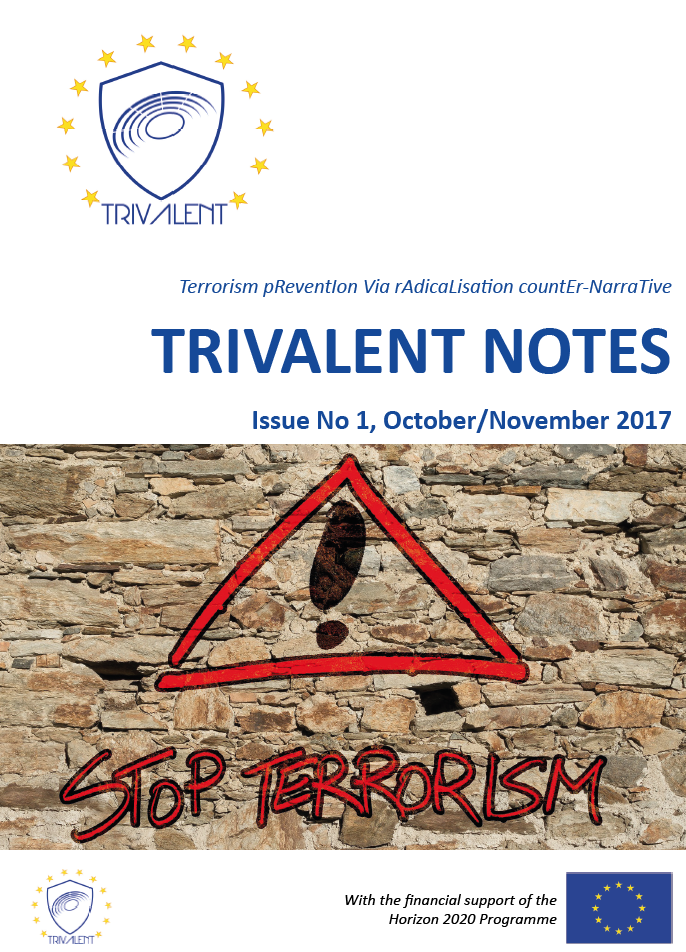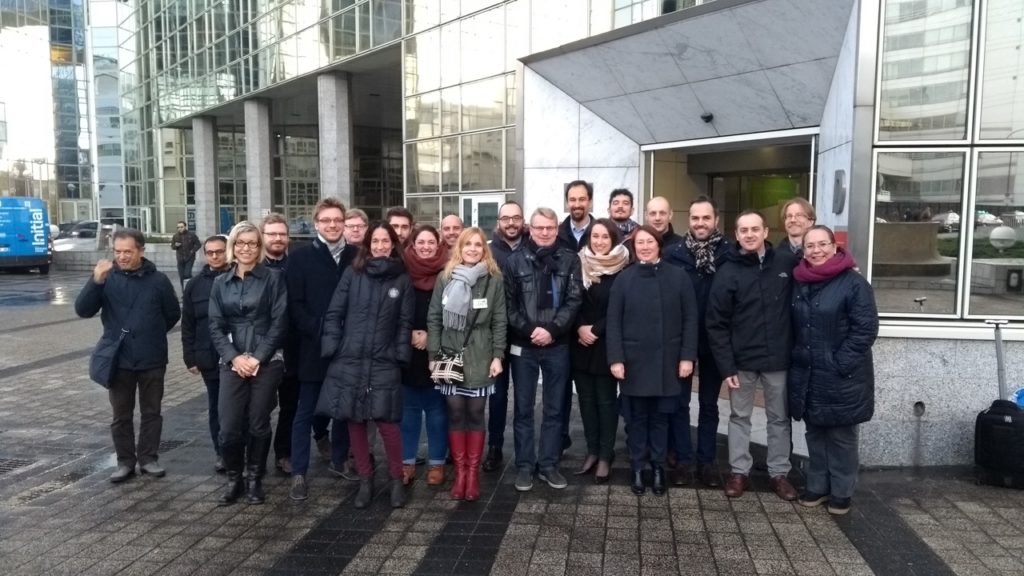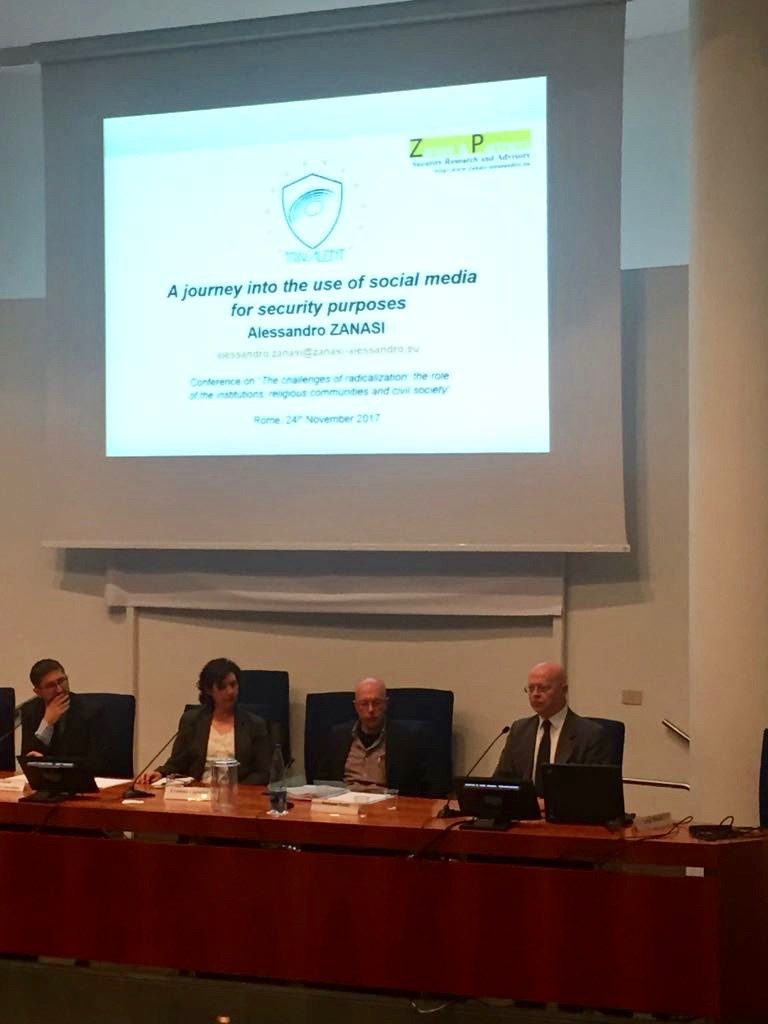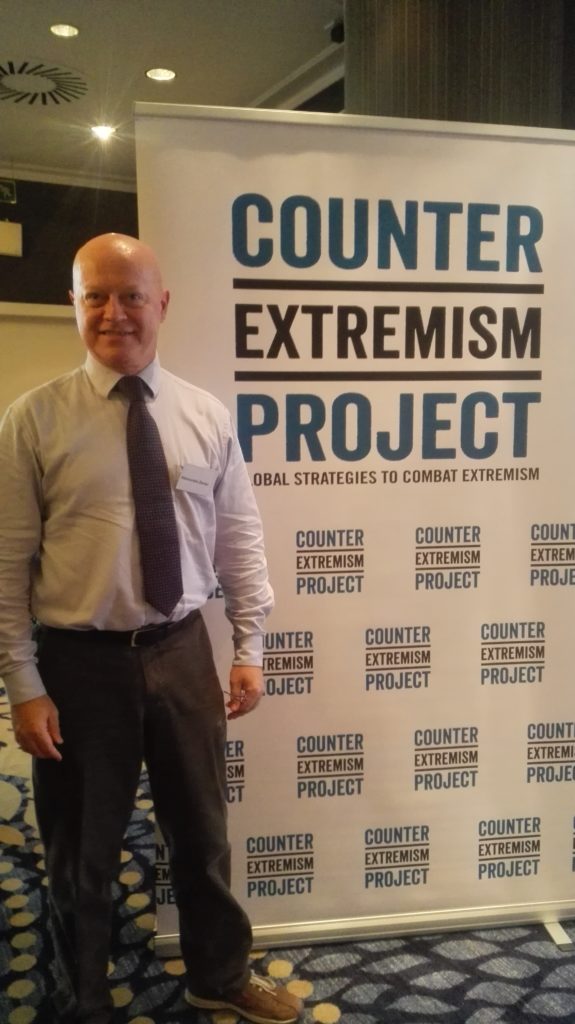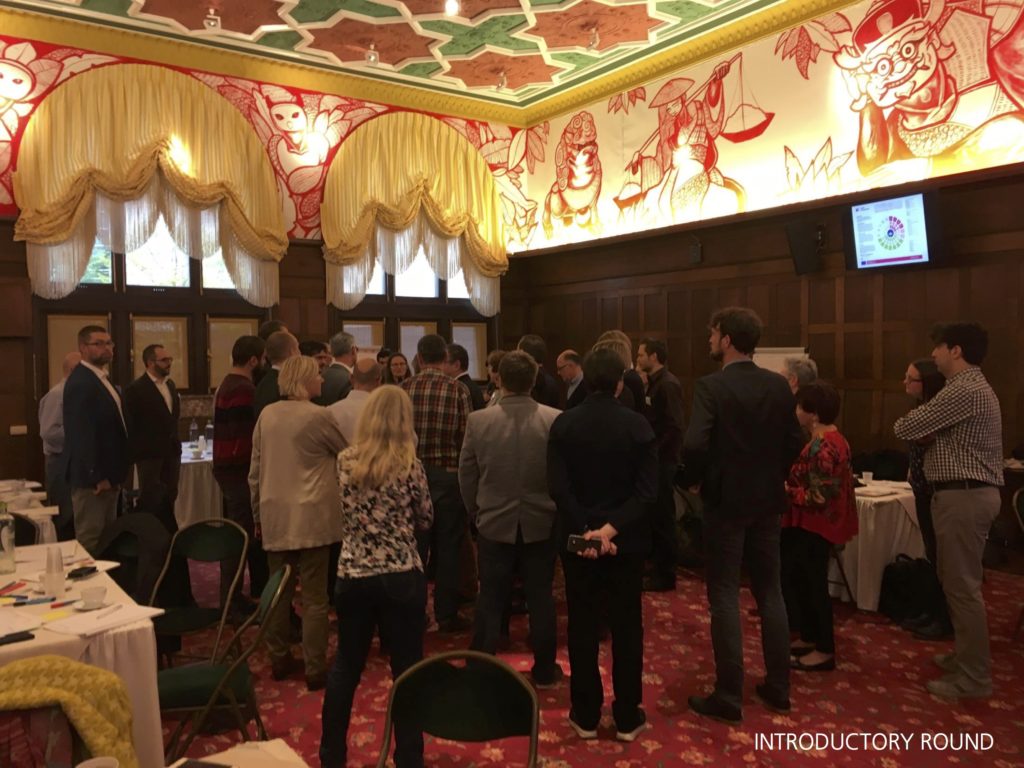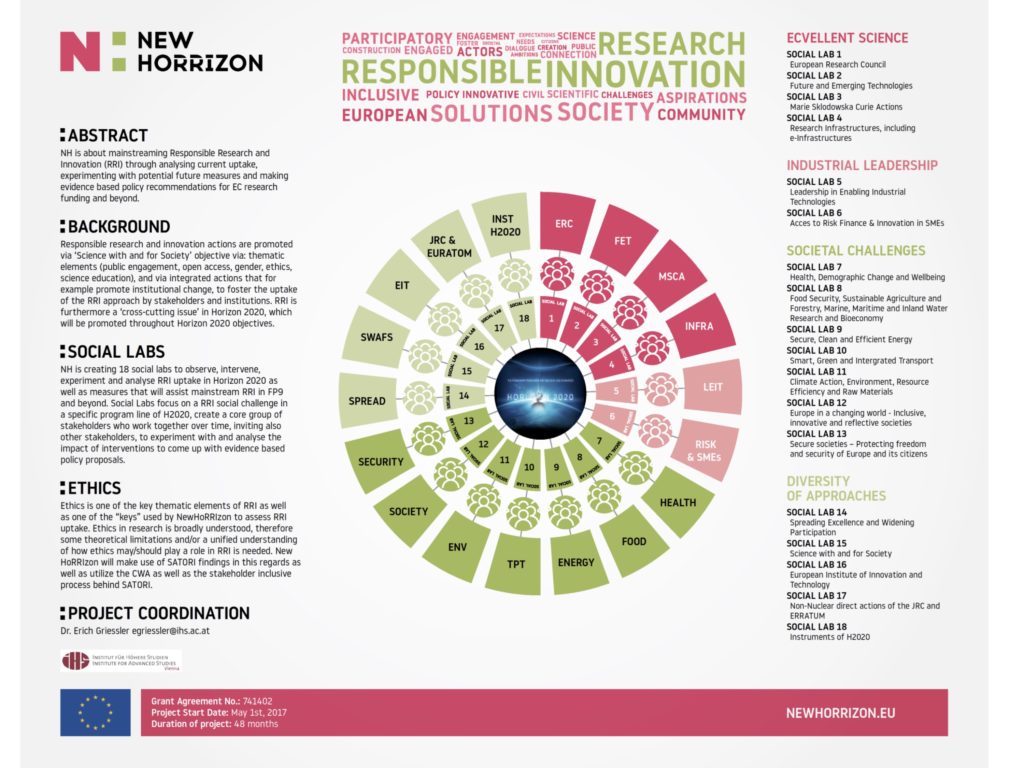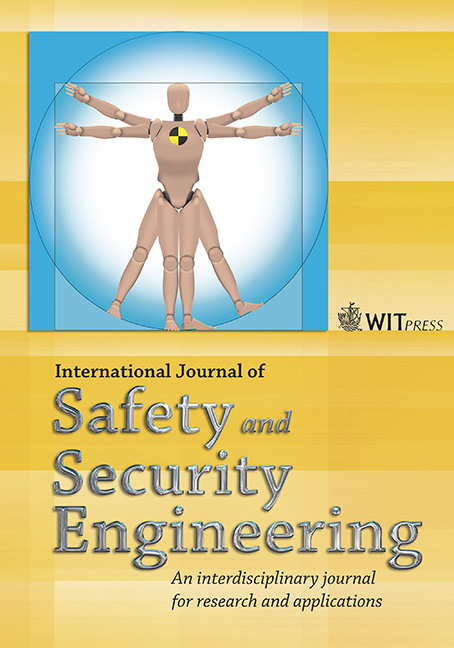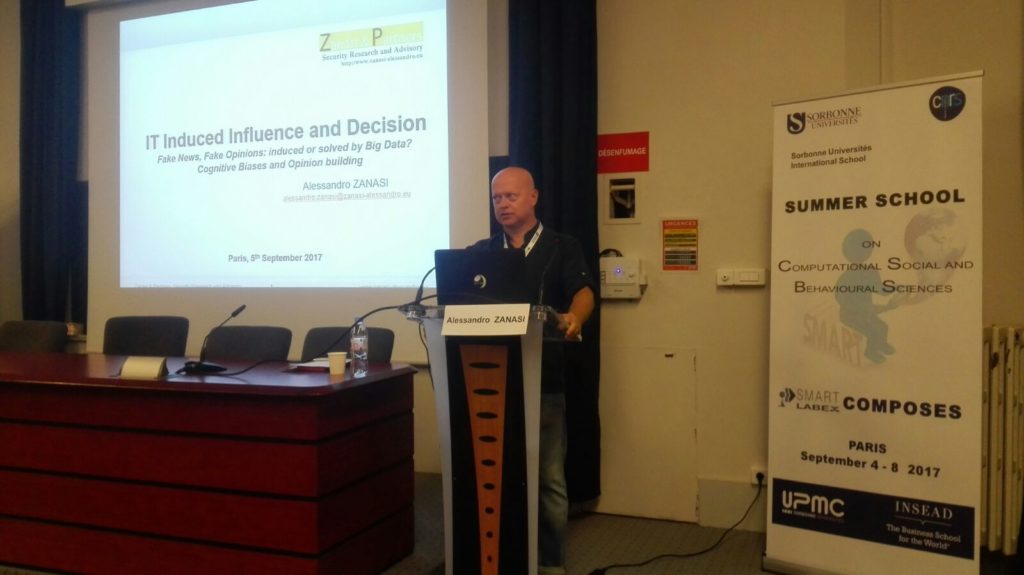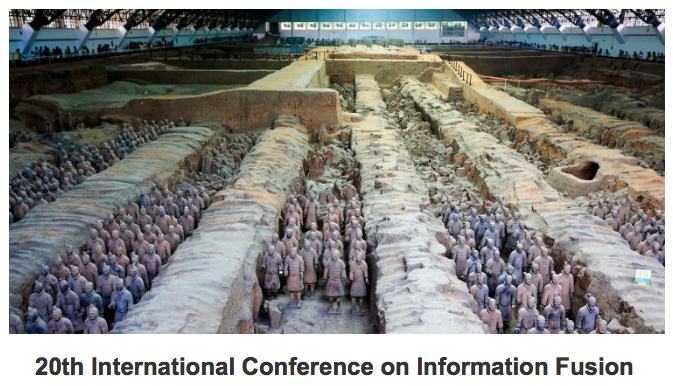November 21, 2017
In
Events, News
Zanasi & Partners, as participant to the European security research project TRIVALENT, is delighted to invite you to the conference titled “Europe and the challenges of radicalisation: what answers?”.
The conference will take place on the 24th of November 2017, from 9:00AM to 1:45 PM, at the “Aula Magna” of the Università Roma 3 (Viale Ostiense, 159) in Rome, according to the below agenda.
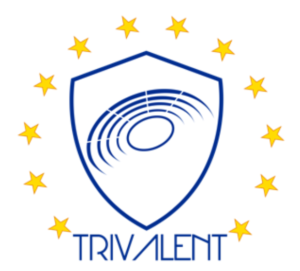
TRIVALENT (Terrorism pReventIon Via rAdicaLisation countEr-NarraTive), funded by the European Commission under the framework of the Horizon 2020 programme, is carried out by an international consortium comprising 22 organisations (including 12 police forces) representing 10 different countries. Aim of the project is to study the violent radicalisation phenomenon, as it takes places both on line and within penitentiaries, and to develop tools for contrasting it, including the production of ad hoc counter-narratives.
Background
The repeated acts of terrorist violence in Europe, increasingly perceived by the public as a lingering threat, alongside the crisis of integration models coupled with intolerance and xenophobia, and the spread of trends dominated by fears and insecurities, pose a series of new challenges to European institutions and Member States in terms of internal security, cohesion and social stability. To address and successfully contrast those challenges – originating from a plurality of contexts and environments – it is necessary to develop responses that combine appropriate repressive measures with innovative preventive practices based upon the analysis and management of the causes and manifestations of the radicalization to violent extremism, through the close collaboration of all actors involved, including in particular the institutions, communities affected by ongoing radicalization processes and civil society organizations.
Goals
The TRIVALENT project, with the firm commitment to promote integration, inter-cultural dialogue and respect of fundamental rights, aims to contribute to the debate and propose policies for the prevention of the radicalization to violent extremism in all areas that can become places of diffusion of the phenomenon and in which signs of attention to the dangers associated with it can arise, in order to define appropriate tools of early warning, together with the development of effective intervention policies, as regards also with new skills and training patterns.
Purposes
The main purpose of the conference, in addition to ensuring a greater visibility and dissemination of the ongoing research activities, will be to create synergies between project participants and relevant stakeholders (civil society, institutions, experts) in order to better focus objectives and methods of the research in progress. The conference will be divided into two thematic workshops according to the attached programme.
PROGRAMME
– 9:00-9:30: Welcome greetings & opening speeches
Luca Pietromarchi, President University “Roma Tre”
Gennaro Migliore, Secretary of State, Ministry of Justice (tbc)
Noemi di Segni, President “Unione Comunità Ebraiche Italiane” (UCEI)
Abdellah Redouane, Secretary General “Centro Islamico Culturale d’Italia”
– 9:30-11:30: Roots and contexts of violent radicalization in general and as regards young people: early warning, preventive measures, and related policies.
Focus: Early detection and prevention of radicalization risks and threats, in general and with regard in particular to schools, universities and territories (communities), as well as in the web (social media), as places where values, lifestyles, world views, opinions should be confronted without any sort of violence, through dialogue, confrontation of ideas, and the participation in public life activities, with the aim to develop innovative methods and tools for countering such risks and threats.
Chair: Masimo Abdallah Cozzolino, Chairman TRIVALENT Advisory Board
Contributions:
Cristina Caparesi, Gruppo di lavoro della Commissione Europea “First-line Deradicalisation Practitioners”
Stefano Gatti, Centro di Documentazione Ebraica Contemporanea
Francesco Antonelli, University “Roma Tre”
Harith Alani, Open University, London
Alessandro Zanasi, Zanasi & Partners
Fares Braizat, Nama Strategic Intelligence Solutions (Jordan)
Discussion
– 11:30-11:45: coffee break
– 11:45-13:45: Radicalization in prisons and prevention/deradicalisation programmes, counter/alternative narratives, and new skills for LEAs’ personnel and civil society stakeholders.
Focus: Acknowledging experiences concerning prevention and deradicalisation programmes addressed to radicalised individuals or at risk of radicalisation, as regards in particular detention places, shaping counter- or alternative narratives to radicalization, and developing new skills for LEAs’ personnel and civil society stakeholders.
Chair: Luigi Moccia, TRIVALENT Project Coordinator
Contributions:
Bartolomeo Conti, Centre d’Analyse et d’Intervention Sociologiques (CADIS, EHESS-CNRS)
Mohammed Khaled Rhazzali, University of Padova
Barbara Napelli, Marco Capitani, Direzione Generale della Formazione (DAP)
Marco Lombardi, Barbara Lucini, Catholic University “Sacro Cuore”, Milano
Peter Muyshondt, Lokale Politie Voorkempen, Belgium
Luca Zigiotti, Francesco Di Bacco, Città di Torino (Local Police)
Italo Trento, Direttore Fondazione Intelligence Culture and Strategic Analysis (ICSA)
Discussion
* Simultaneous Italian<->English translation available





